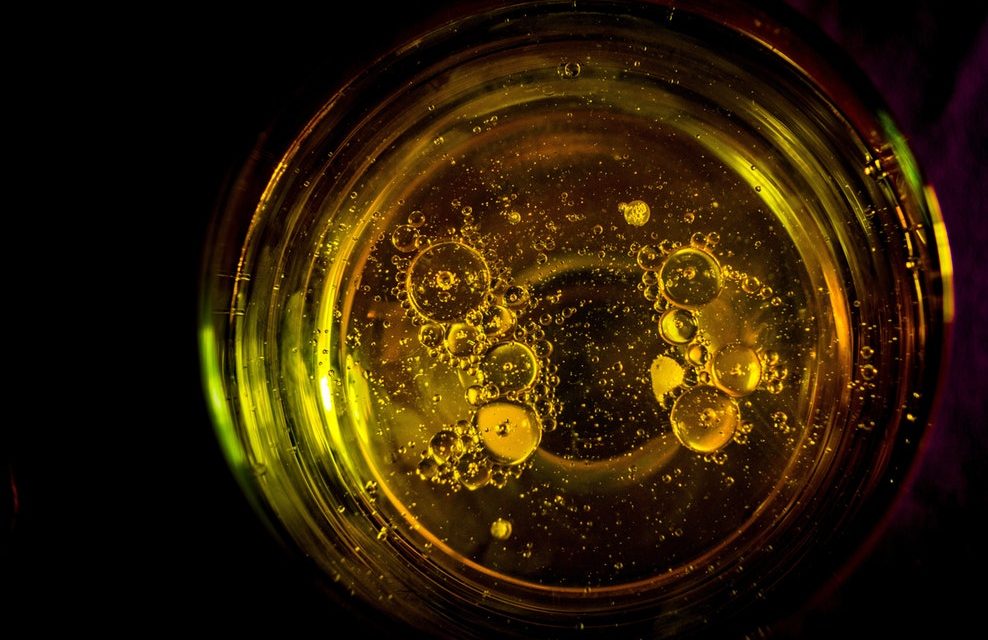CBD is one of the two most common compounds in the cannabis plant. Over the past few years, it has created a lot of excitement in the scientific community due to its potential for improving health and wellness.
One major potential application for CBD UK is with cancer treatment.
While it’s very early on in its development, CBD may be able to manage the symptoms caused by cancer cells or their treatments.
However, while CBD comes from marijuana, it should not be confused with THC, the compound with psychoactive properties that gets you high with consumption.
The initial findings for CBD and cancer treatment are promising but nothing is set in stone just yet.
But with that being said, here are x things to know.
1. CBD To Treat Cancer
Much of the current evidence suggests that CBD oil can complement existing cancer treatments, such as:
- Pain relief: cancer and treatment can lead to pain due to inflammation and the cancer cells attacking organs and nerves. In time, this can cause to patients develop a tolerance to opioids. However, CBD can reduce inflammation and associated pain as it indirectly acts on CB2 cell receptors.
- Stimulate appetite: people experience a loss in appetite when going through cancer treatment programs. However, their appetite can be stimulated with the introduction of cannabis-based products.
- Relieve feelings of nausea: CBD and cannabis products can help people with cancer that experience regular nausea, particularly those undergoing chemotherapy.
2. CBD To Prevent Cancer
There is talk that cannabis and CBD can be used to prevent people from developing cancer.
The National Cancer Institute (NCI) reviewed several studies relating to a possible connection between cannabis and cancer. Overall, their research brought back mixed results.
There is also an older study of 64,855 men that suggests the use of cannabis did not increase the risk of tobacco-related cancers.
Furthermore, a 2015 study showed that there was a relationship between the use of cannabis and the reduction of bladder cancer. The researchers here found that those using cannabis were 45% less likely to develop bladder cancer than those not using it.
There have also been studies that suggest cannabis smoke produces carcinogens but there remains no clear evidence to suggest a relationship between inhaled marijuana and cancer.
Saying that, taking CBD oil or other applications like edible gummies does not expose the body to these carcinogens according to Healthcare Weekly.
Overall, more research is needed to categorically determine if taking CBD can help to prevent cancer – and it may be a few more years yet.
3. CBD Has Not Yet Been Proven To Treat Cancer
No large-scale clinical trials are actively investigating if CBD oil and other CBD products can be used to treat cancer. While there are a handful of small studies that suggest it can, the research is very much at an early stage.
For example, a team of researchers in 2016 found that cannabinoids may be able to help in the fight against cancer. The authors of the study noted that cannabinoids inhibited the growth of tumor cells in the test tubes and animal models.
However, it’s worth pointing out that some doses of cannabinoids could suppress the immune system.
Again, more research is required to determine if CBD and cannabinoids can treat cancer.
4. There Are No FDA-Approved CBD Products
While CBD oil is widely available to buy online and instore, there is yet to be anything approved by the FDA.
In truth, the legality of CBD oil in the US is a bit of a grey area. Hemp-derived CBD oil and CBD, in general, is legal at the federal level but each state has its own laws.
To date, the FDA has only approved one CBD product, namely Epidiolex. This treatment was approved for two conditions related to epilepsy: Lennox-Gastaut syndrome and Dravet syndrome.
But there is a reason why it’s limited purely to this use.
For example, if Epidiolex was to be used for cancer treatment, it could do more harm than good. This is because CBD inhibits specific enzymes used in cancer therapies, meaning that they could become less effective.
5. Side Effects Of CBD
Cannabinoid receptors are different from most of the other drug receptors in the brain. This means that compared to traditional medicine, the risk of developing side effects is lower.
But while the results are promising, it’s important to also note the side effects of CBD treatments.
Cannabinoid receptors are not just found in the brain. In fact, they are found all over the body so it’s possible to find that the positives and side effects of CBD can be felt in many areas.
The majority of people that use CBD tolerate it well. However, those that don’t may experience some of the following side effects (original source):
- Fatigue
- Change in appetite
- Weight loss
- Diarrhea
People that are taking prescribed medication may also feel some of the side effects of CBD. If this is the case, it’s always advised to arrange an appointment with a doctor about using CBD.
This also goes for the medicine you can buy over the counter, additional supplements and even grapefruit.
There is no apparent lethal dose of CBD as it does not affect the central nervous system as opiates. However, it should be mentioned that as dosage increases, the chances of experiencing the above side effects also increases.
The Bottom Line
The initial findings suggest that CBD and cannabis products could be used as an effective cancer treatment option, as well as complementing existing methods. For example, it can be used to relieve pain and inflammation.
But a lot of work needs to be done in the labs to prove it once and for all.
Anyone that is considering using a CBD product like CBD oil as part of their cancer treatment program should consult with a doctor before going ahead to ensure it does not interfere and react with any of their existing medication.


















